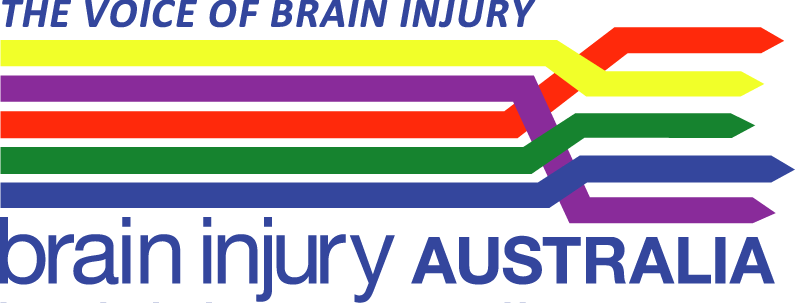- FOR REFERENCE
- Introduction
- A. Worker Roles
- a) Information and referral staff
- b) Support workers
- c) Case managers
- d) Managers
- e) Workshop facilitators and presenters
- B. Working with people with ABI
- a) Video stories
- b) Video clips
- c) Interactive graphics
- d) Handouts
- e) Worksheets
- f) Tools
- C. Additional resources
- a) Fact sheets
- b) Books
- c) Videos
- d) On-line learning
- e) Organisations
a) Information and referral staff knowledge and skills
Introductory knowledge
Information and referral staff working with people with ABI need:
a) An introduction to ABI - which could be the Self-Study Module 1. An Introduction to ABI
Information and referral staff working more directly with people with ABI and their families also need:
b) An introduction to appropriate ways of working with people with ABI - which could be Module 2 Working with people with ABI
Tools
Two common situations information and referral workers and others need to address are:
a) If you don't know the person has an ABI what should you be alert to that may indicate an ABI
b) If you do know the person has an ABI and there are communication difficulties - what are some conversation tips.
For practical tips see for example:
TOOL 1: Open to the possibility a person has an ABI
TOOL 2: Conversation tips
TOOL 16: Essential survival tips for working with people with ABI
Questioning strategies
Another common situation that information and referral workers face is working out what the real issue is.
For practical tips see the Case study and suggested answers in Module 2
Communication issues in depth
For staff and referral staff working directly with people with ABI it may be useful to have a deeper understanding of the communication issues experienced by people with ABI.
See the Self-Study Module at www.TBIStaffTraining.info 2: Communication

